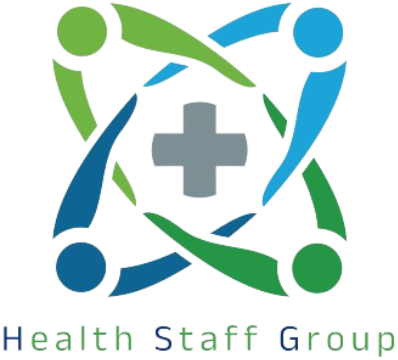Emergency Healthcare Solutions: How Staffing Agencies Provide Vital Support
The tireless dedication of healthcare workers is undeniable, but during public health emergencies, the strain on existing staff becomes immense. This is where healthcare staffing agencies step in, acting as a surge force to bolster the medical frontlines. But how exactly do these agencies function in the face of crisis?
Pre-Crisis Preparation: Building a Stockpile of Skills
A well-prepared staffing agency is like a pre-stocked emergency kit. Proactive measures are key:
- Diversified Talent Pool: Building a robust network of healthcare professionals (doctors, nurses, therapists) across specializations allows for a targeted response depending on the crisis.
- Up-to-Date Credentials: Maintaining a database of verified licenses and certifications ensures qualified personnel are deployed.
- Crisis Training: Equipping staff with emergency protocols, proper PPE usage, and mental health preparedness helps them navigate high-pressure situations.
- Communication Channels: Establishing clear communication lines with healthcare facilities and government agencies facilitates rapid deployment.
Crisis Response: Mobilizing the Medical Reserve
When a public health emergency hits, the clock starts ticking. Here’s how staffing agencies spring into action:
- Rapid Needs Assessment: Agencies work closely with overwhelmed healthcare facilities to understand specific staffing shortages (e.g., ICU nurses, respiratory therapists).
- Targeted Talent Matching: Existing databases are combed to identify qualified healthcare professionals with relevant skills and experience for the specific crisis.
- Flexible Deployment Options: Staffing agencies offer various deployment models – short-term contracts, crisis-specific placements, or long-term assignments – to meet the evolving needs of the situation.
- Streamlined Onboarding: Processes are expedited to quickly get qualified personnel onboarded and ready to provide patient care.
Beyond Filling Beds: The Value-Added Services
Staffing agencies provide more than just bodies. Here’s how they add value during a crisis:
- Surge Capacity Management: By managing the influx of healthcare professionals, agencies ensure an efficient distribution of personnel across different facilities.
- Logistics and Support: Some agencies go a step further, assisting with travel and accommodation arrangements for deployed staff, easing logistical burdens.
- Mental Health Support: Recognizing the mental toll of crisis work, agencies may offer access to counseling services to support the well-being of their deployed workforce.
- Post-Crisis Recovery: As the crisis subsides, agencies can play a role in workforce recovery by helping healthcare facilities transition back to their regular staffing levels.
Challenges and Considerations
While invaluable, staffing agencies face challenges during public health emergencies:
- Competitiveness: With high demand for healthcare professionals, competition with other agencies and facilities for top talent can be fierce.
- Compensation: Ensuring competitive wages and benefits attracts skilled personnel during a crisis while maintaining financial viability for the agency.
- Burnout Prevention: Deploying staff to stressful environments requires careful management to prevent burnout and ensure staff well-being.
- Regulatory Compliance: Navigating the ever-changing regulatory landscape during a crisis requires agility and a focus on compliance.
The Future of Crisis Response: Innovation and Technology
The future of healthcare staffing in public health emergencies is shaped by innovation:
- Telehealth Integration: Deploying skilled healthcare professionals virtually can expand reach and overcome geographical limitations.
- Remote Patient Monitoring: Technology can enable remote monitoring of patients, allowing stretched staff to focus on critical care.
- Data-Driven Decision Making: Utilizing real-time data on staffing needs and personnel availability enhances response efficiency.
- AI-powered Matching: Artificial intelligence can analyze skillsets and match healthcare professionals to specific crisis situations with greater speed and precision.
Conclusion: A Symbiotic Partnership
Healthcare staffing agencies play a critical role in bolstering the medical workforce during public health emergencies. Through proactive preparation, rapid response, and value-added services, they contribute significantly to crisis management. By fostering a strong partnership between healthcare facilities, government agencies, and staffing agencies, we can ensure a more robust and resilient healthcare system prepared to weather any storm.








